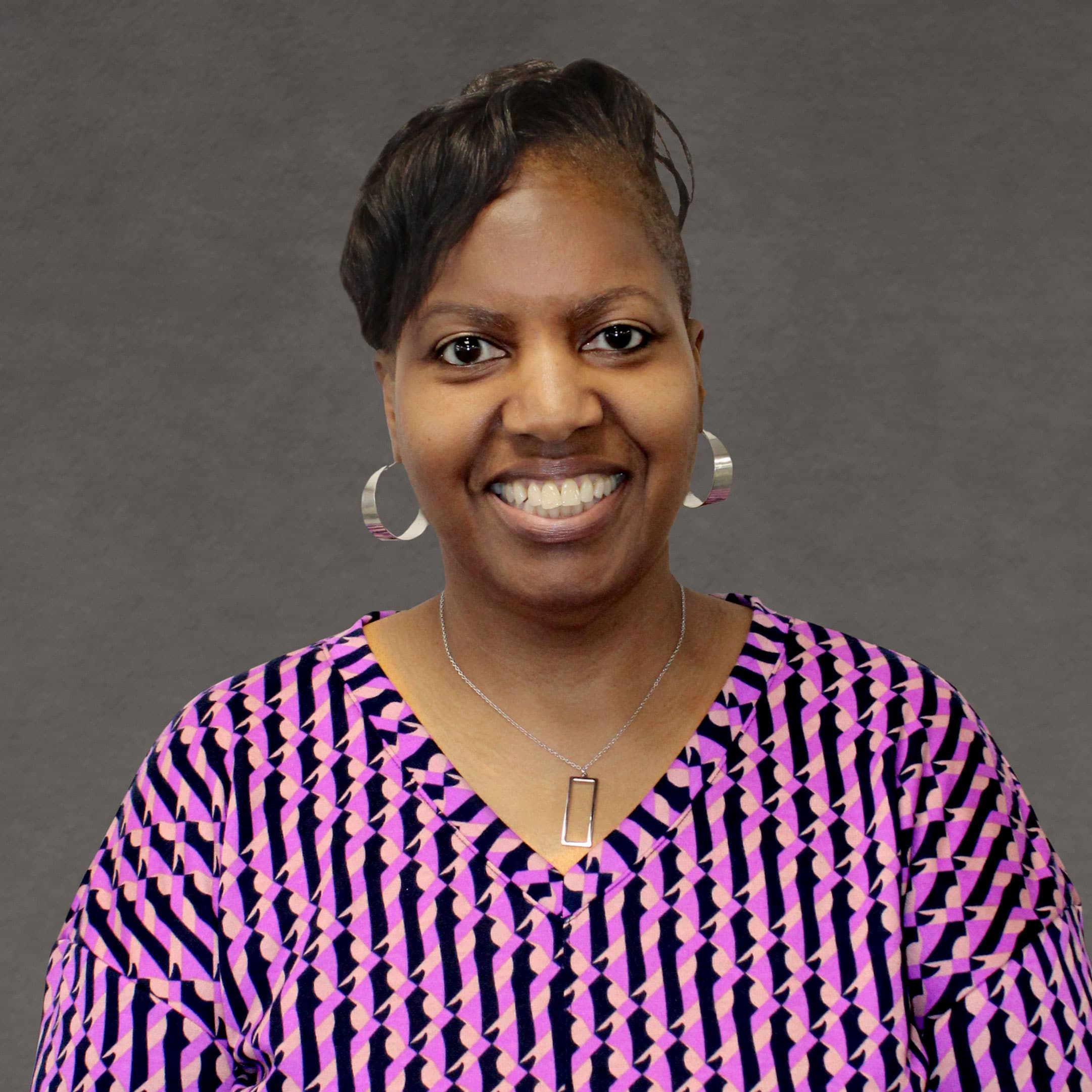NAMIC 2026 Webinars
NAMIC is offering seven different webinar series in 2026. These webinars are specifically designed so companies can engage different teams and team members based on individual training needs, desired interests, and level of experience in the industry.
NAMIC webinars are quick and affordable ways for your organization to invest in employee education throughout the year. Flexible registration packages are available to meet your budget. All sessions are conveniently available 24/7 on demand after the live webinar has occurred.
Due to different state requirements and application processes, NAMIC webinars do not qualify for CE credits for state licensing.
2026 Webinar Series
- AI
- Claims
- Industry Trends
- Insurance 101
- Professional Advancement
- Underwriting
- Workers’ Compensation
Featured Session – Included With All 2026 Series
At the Crossroads: The New Economics and Politics of Property/Casualty Insurance
April 1, 2026 | 2:00 p.m. ET
This session will provide an overall economic outlook of the property/casualty insurance industry and will include a high-level look at industry trends and disrupters. The always-popular Robert Hartwig, Ph.D., will provide important insights that will help you manage your company’s risk.
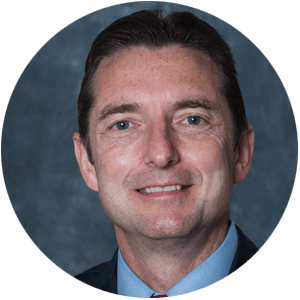
Robert Hartwig, Ph.D.
Director, Risk & Uncertainty Management Center
University of South Carolina

AI Webinar Series
This series offers a comprehensive look at the rapidly evolving world of artificial intelligence. Covering topics such as AI agents, generative AI, AI-driven underwriting, and claims innovation, these sessions will equip attendees with the insights they need to stay current and competitive in today’s insurance landscape.
Look for these topics and more to be added to the 2026 lineup:
- The Rise of AI Agents: An Insurer's Gen AI Journey
- A Powerful Chain Reaction: The Financial and Operational Impact of Generative AI and Agentic AI Across the Insurance Value Chain
- What AI Can Do For You (and 3 Things It Can't)
- Let’s Create an AI Policy For Your Business
- Turning AI into ROI: Elevating the Policyholder Experience by Combining AI and Empathy in Covenir's Call Center
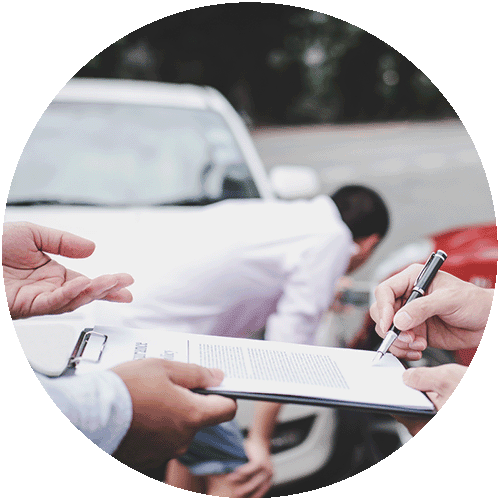
Claims Webinar Series
Sessions in this series are designed to help an entire claims team manage current challenges while preparing for what is on the horizon. Topics range from technology trends to emerging issues in claims and best practices in all aspects of claims management.
Look for these topics and more to be added to the 2026 lineup:
- Hot Topics and Emerging Trends in Weather Related Claims – 2026 Update
- Future-Proofing Claims: Leadership, Innovation, and Trust in a Changing Landscape
- Plaintiff's Attorney Insights: A Peak Behind the Curtain
- Instant Claims, Lasting Loyalty: How Instant Payments Transform P&C Payouts
- Avoiding Bad Faith by Using Statutory Interpleader in Multiple-Claimant Auto Claims

Industry Trends Webinar Series
This series offers timely information on a wide variety of property/casualty insurance industry trends. Sessions provide attendees opportunities to tune into the latest issues impacting the industry, their organizations and policyholders, and their day-to-day work.
Look for these topics and more to be added to the 2026 lineup:
- Legal System Abuse: Research to Mitigation Tactics
- 2026 Insurance Operations Leaders Trends Report
- Succession Planning: Ensuring Knowledge Transfer Utilizing the Brillance of Boomers
- Cyber Claims Trends, Exposures, and Threats… Oh My!
- The Impact of EVs on Automotive Safety and Insurance
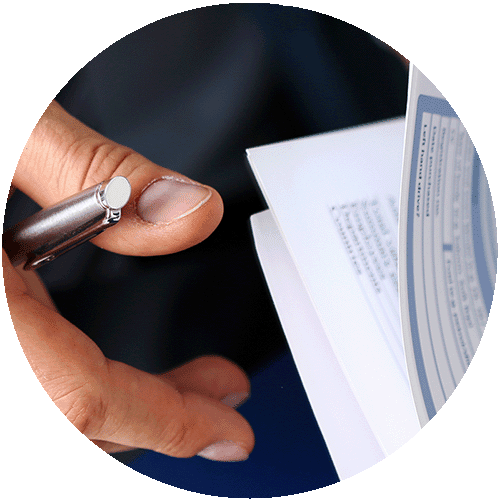
Insurance 101 Webinar Series
This series provides an entry-level understanding of the various components of the property/casualty insurance industry. Sessions cover topics such as understanding company financials, reinsurance, compliance, underwriting basics, and more. This series is perfect for professionals who are just beginning their journeys in the insurance industry or anyone who is interested in a refresher on the basics.
Look for these topics and more to be added to the 2026 lineup:
- The Art of Ethical Negotiations
- Communicating Your Value Beyond Price: Building Brand Loyalty
- Beyond the Numbers: How Audits Drive Transparency and Accountability
- Compliance 101
- Intro to Reinsurance

Professional Advancement Webinar Series
Join us for a dynamic series designed to help attendees focus on their professional development with industry-specific content. This series will provide attendees with actionable steps to advance their professional career.
Look for these topics and more to be added to the 2026 lineup:
- Stepping Out of Unconscious Competence: Improving Training, Collaboration, and Customer Conversations
- Owning Your Own Professional Development
- Securing Your Inner CEO: How Self-Care & Authenticity Fuel Psychological Safety and High-Performance Leadership
- From Boss to Coach: Meeting (& Exceeding) the Demands of Today's Workforce
- Re-writing the Script: How to Build Confidence Through Re-framing Negative Self-Talk

Underwriting Webinar Series
Sessions in this series cover a wide range of topics important to property/casualty insurance underwriting teams, including specific commercial lines and personal lines exposures, workers’ compensation, and product development. All underwriting staff members will benefit from these opportunities to dive into the challenges and opportunities that face their department.
Look for these topics and more to be added to the 2026 lineup:
- The Robots are Coming – What Does that Mean for Personal and Commercial Lines Insurers?
- Underwriting 101
- Wildfire Underwriting
- Advanced Underwriting Skills
- Beyond Zip Codes: Smarter Ways to Price Property Risk
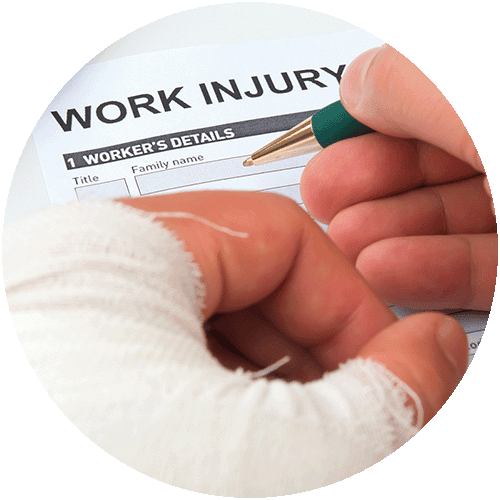
Workers' Compensation Webinar Series
Stay informed and empowered with our Workers’ Compensation Webinar Series, designed to provide critical insights into the complexities of workers’ compensation laws, claims, and best practices.
Look for these topics and more to be added to the 2026 lineup:
- Healthcare Shortages and the Implications for Worker's Compensation
- Managing Difficult Shoulder Injuries
- Workers’ Compensation 101

